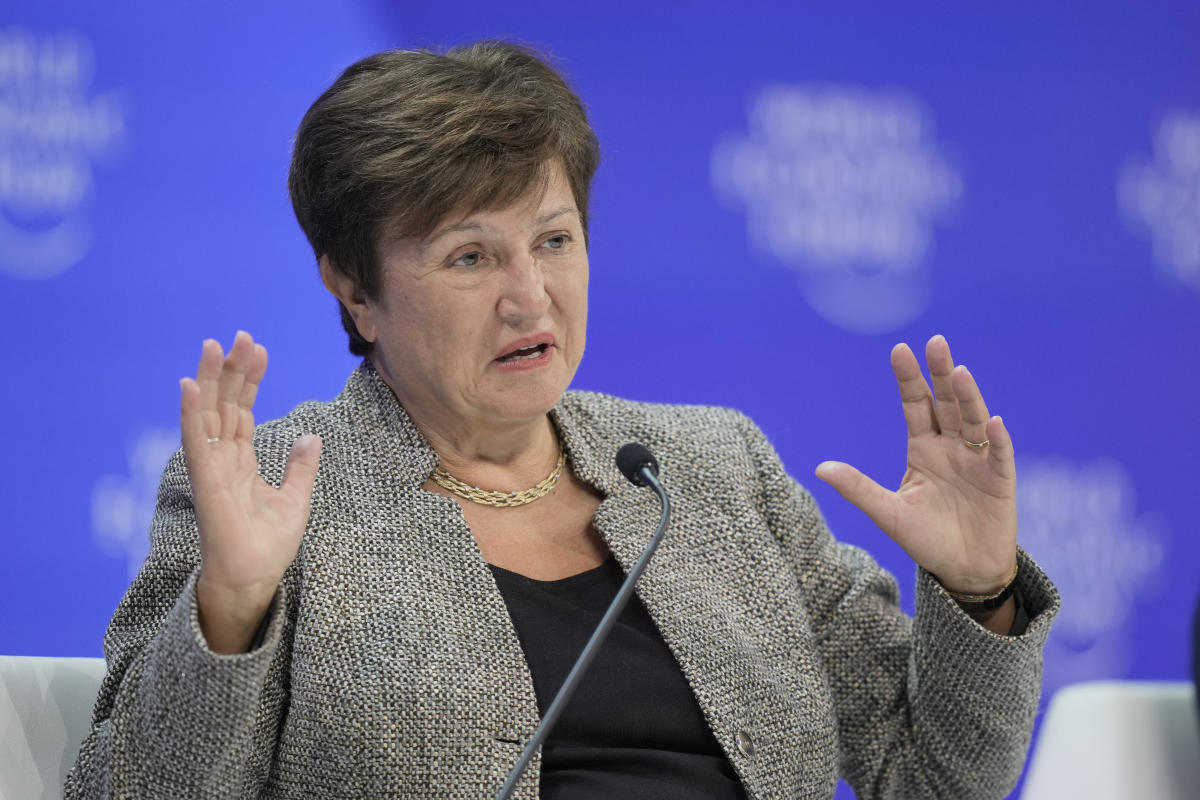During the spring meeting of the International Monetary Fund (IMF) and the World Bank, IMF head Kristalina Georgieva expressed her concerns about the state of the world economy. Despite facing challenges such as high interest rates and conflicts in Ukraine and Gaza, the global economy has shown resilience. However, Georgieva noted that there are still issues to be worried about, including stubborn inflation and increasing government debt levels.
Georgieva highlighted that although inflation has decreased, it has not disappeared entirely. She mentioned that in the United States, strong economic growth has made it difficult to bring inflation down quickly. Additionally, she cautioned that government debts worldwide are on the rise, reaching 93% of global economic output in 2021 compared to 84% in 2019 before the pandemic.
To address these challenges, Georgieva urged countries to improve tax collection and public spending efficiency. She emphasized the importance of building fiscal resilience to prepare for future shocks. The IMF recently revised its global economic growth forecast to 3.2% for 2024 and 2025, reflecting a modest upgrade from previous projections.
Despite the overall strength of the world economy, Georgieva highlighted some factors contributing to sluggish global growth. She pointed to low productivity gains, inefficiencies in matching workers with technology, and the impact of prolonged periods of low interest rates on the competitiveness of businesses. Georgieva also mentioned demographic trends, such as aging labor forces, as a factor limiting economic dynamism.
In contrast, Georgieva praised the United States for its higher productivity gains compared to Europe. She attributed this to factors such as a more supportive regulatory environment for innovation and lower energy costs. Georgieva suggested that countries could boost their economies by reducing bureaucratic barriers and increasing female participation in the workforce.
